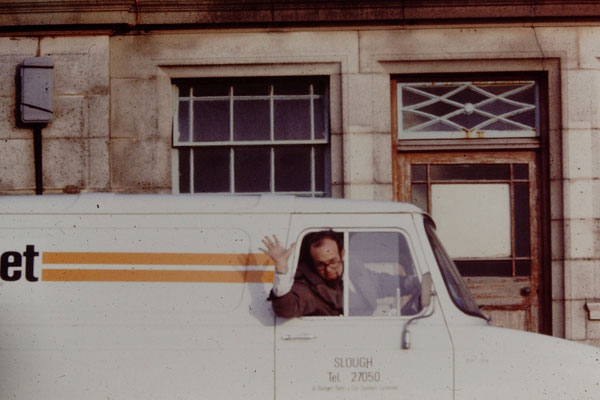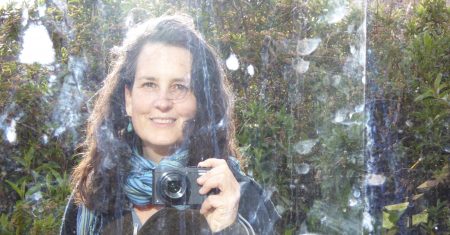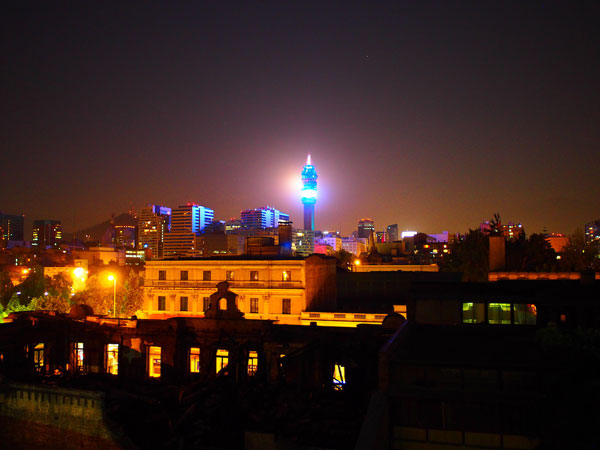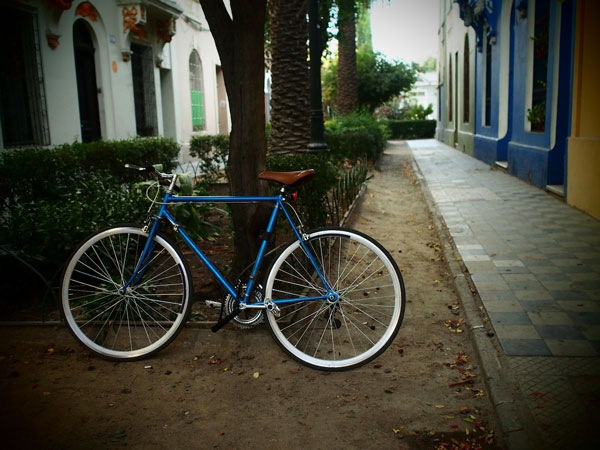“Fire!” shouted a man sitting in a doorway about half a block off of Plaza Brasil. “Fire!” My friend and I looked at him quizically, wondering if it was possible to somehow be invisibly aflame. We also looked around for signs of smoke, firemen, something to indicate burning.
And then I realized. It was a case of mistaken translation.
The gentleman (as I will call him) was a touch on the curado (drunk) side, and had heard us speaking English. He had an unlit cigarette in his hand, and with the other hand was asking with the instantly-recognizable hand motion of lighting a lighter, “got a light?” But he was asking it using what people say in Chile, which is, “tienes fuego?” (lit: do you have fire?, usually said in Chilean, “tení fuego?“)
So somewhere along the way the “do you have” in “tienes fuego” was dropped, and he was left with a single word, which he then translated to English. I’m supposing here, after getting over my initial burst of fright at the shouting of the word “fire,” we didn’t stop for a linguistic interview.
We had a good giggle, did not provide “fire” as neither of us smoke and then talked about how free speech as interpreted by the courts does not extend to the shouting of “fire” in a crowded theater. But if you’re on Avda. Brasil in Santiago after dark, sitting in a doorway flicking your imaginary lighter at two passing gringas, well then it’s totally okay.









